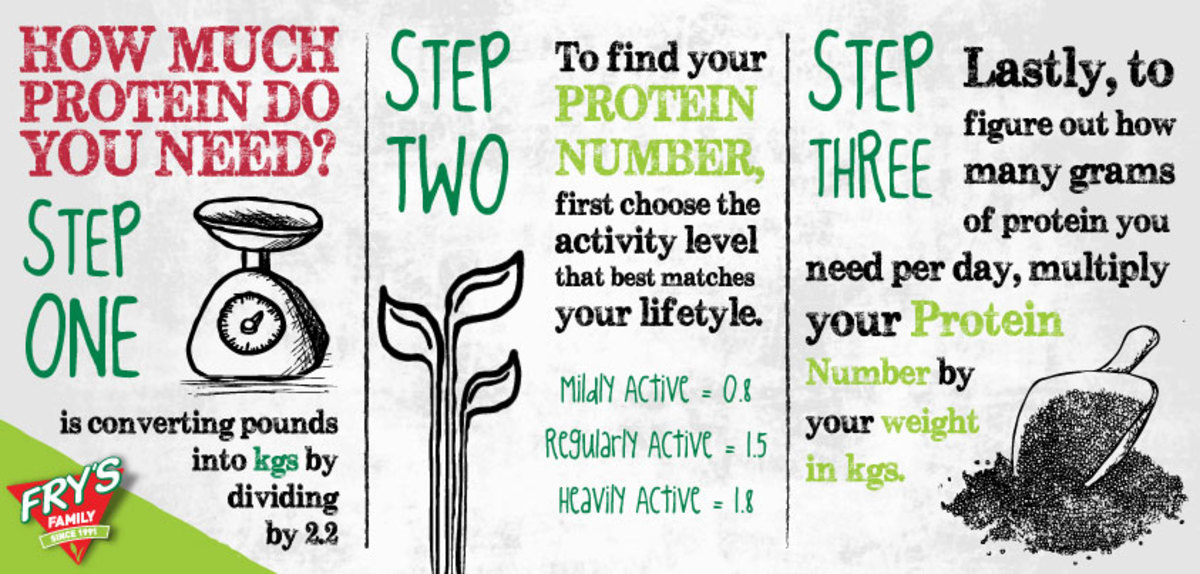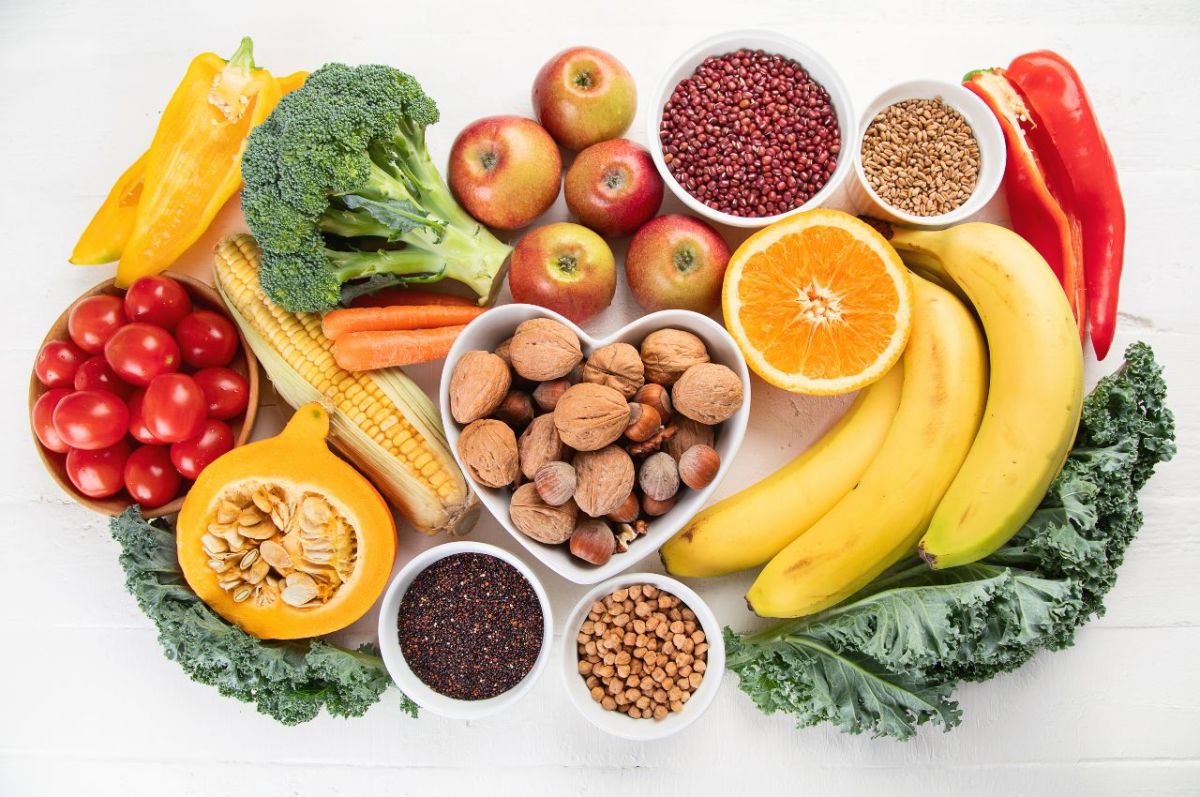The risk of long-term high protein diet
Protein is a very important nutrient existing in both our body and our diet. Without protein we could not live a healthy life, because protein provides nine essential amino acids which can not be synthesized within our body. But excessive diet protein can also cause some health problems.
In a diet containing too much protein, other nutrients will be restricted correspondingly. Therefore, the overall body metabolism will be changed accordingly, which will lead to abnormal metabolic and/or biochemical processes in the body. The risk of long-term high-protein diet will be discussed as follows.
1. A quick drop in weight primarily through loss of body fluids results from the diuretic effect of eliminating most carbohydrates. Glycogen, a form of sugar used by the body for energy, is lost from the muscles as well, sometimes causing fatigue.
2. Ketosis. Our body needs a certain source of energy and a quick source of energy is carbohydrates. In high-protein diet, carbohydrates are usually limited, thus to maintain normal vital functions, body has to turns to other nutrients for energy. Under this circumstance, fat is the best replacement for carbohydrates. Burning fat to provide energy leads to metabolic state called ketosis. Ketone bodies are formed when the body is forced to burn fat for energy which may result in a state of ketoacidosis. Ketosis occurs only during starvation, and it also can be possible in people eating insufficient carbohydrates. Sustained ketosis also causes a loss of appetite, which may lead to lower total calorie intake. Bad breath, often called keto breath, is caused by production of acetones in ketosis. Fatigue and constipation, sometimes accompanied with nausea and vomiting, are common side effects. During ketosis, uric acid begins to build up in the blood, which promotes the development of gout, a painful condition of the toes and joints.
3. High-protein diet interferes with mineral and vitamins metabolism. Besides magnesium, high-protein diets can deplete calcium, important trace minerals, and vitamins and may contribute to bone thinning. High-protein diets may cause too much acid load to the kidney, disturb calcium balance, and increase the risk for bone loss. Calcium is necessary for bone and teeth formation, and the body also needs it for muscle contraction and relaxation. Like magnesium, calcium is required to activate certain enzymes, and it is involved with important metabolic functions of involving vitamins A, C, D, and E, phosphorus, and magnesium. Therefore, high-protein diet can indirectly affect many metabolic processes in the body by upsetting calcium metabolism. Limiting our diet to high-protein foods severely restricts our food choices, and also decreases important and beneficial macro-and micro- nutrients from our diet. High-protein diet increases fat intake and reduces nutrient- rich foods including fruits and vegetables, which is not a good approach to meeting our long-term nutrition needs. Fruits and vegetables are sources for essential minerals such as calcium, magnesium, zinc, trace minerals such as boron, and antioxidant vitamins, like A, C, E.
4. Increased kidney burden and kidney Disease: When people eat too much protein, the kidneys will undergo additional strain. Large amounts of protein cause nitrogen to be released into the blood, which the kidneys must filter out and excrete in the urine. A very high-protein diet is especially risky for patients with diabetes, because it can speed up the progression of diabetic renal disease.
5. Heart Disease: High-protein diets usually are composed of meat, eggs and dairy products. These foods, in addition to being protein-rich foods, are generally high in fat, saturated fat and cholesterol. Studies have shown that diets high in fat and saturated fat increases a person's risk of heart disease. A diet rich in animal protein, saturated fat and cholesterol raises LDL cholesterol levels that become worse when high-carbohydrate, high-fiber plant foods that help lower cholesterol are limited.
6. Cancer: Eating a diet rich in whole grains, fruits and vegetables is important in reducing the incidence of some cancers. Such a diet contains vitamins, minerals and fiber, which have been linked to the prevention of cancer, strokes and heart disease. High protein diets severely limit the consumption of these high-carbohydrate foods. Fibers in vegetables and fruits also reduce our risk of developing colorectal cancer, the second leading cause of death in the U.S.
From the above discussion, we can see that protein is important for our health, but consuming high-protein diet for an extended period of time can cause many health problems. Using high-protein diet as a means to lose weight is not a good practice.









